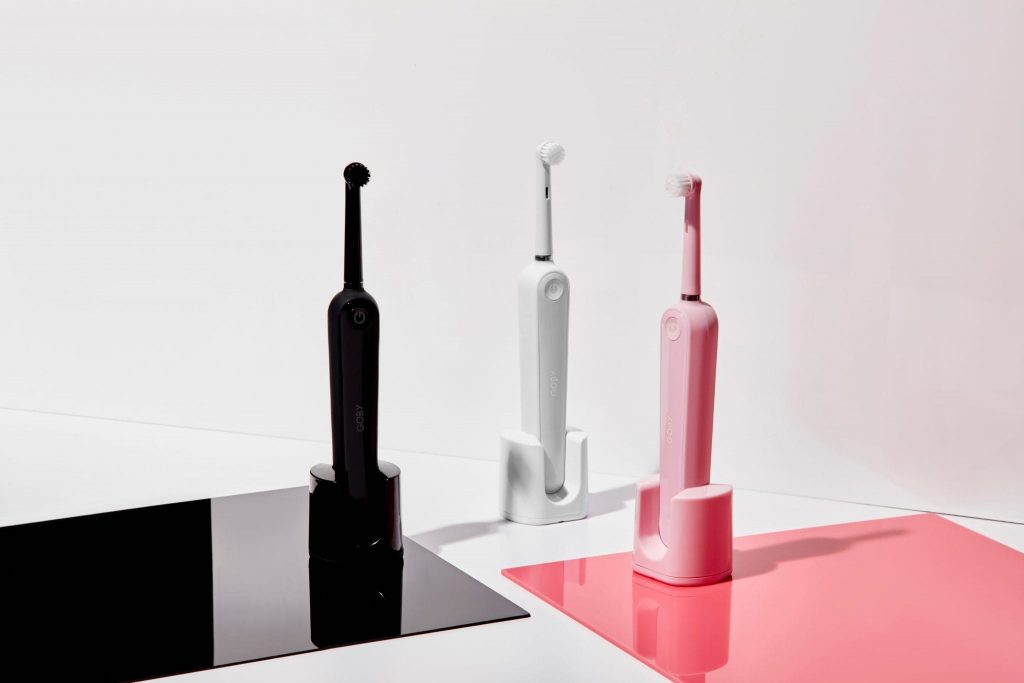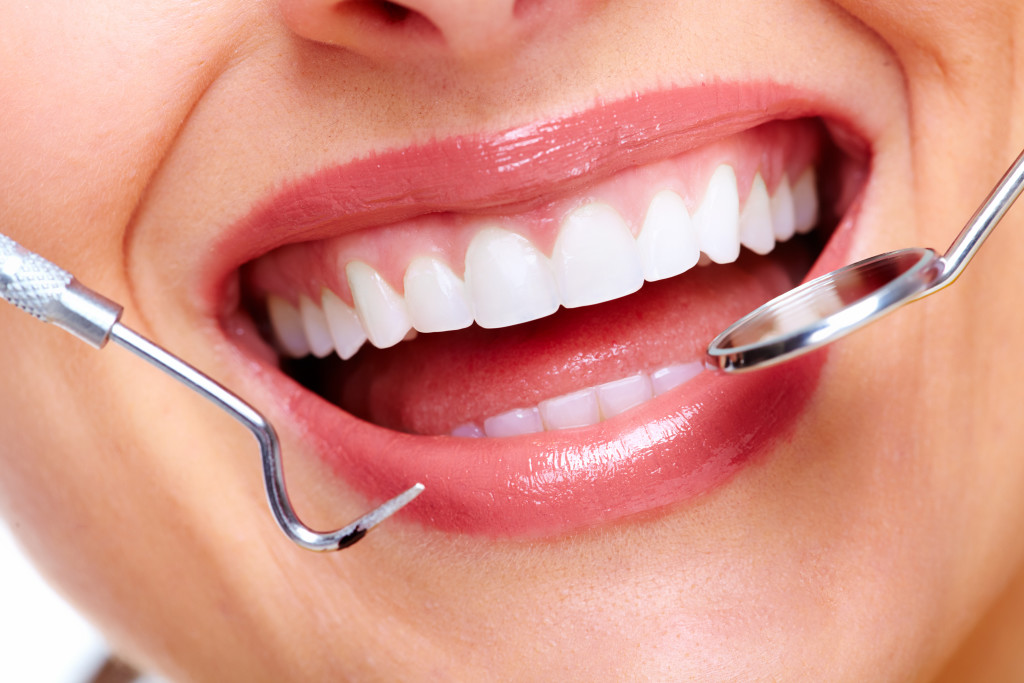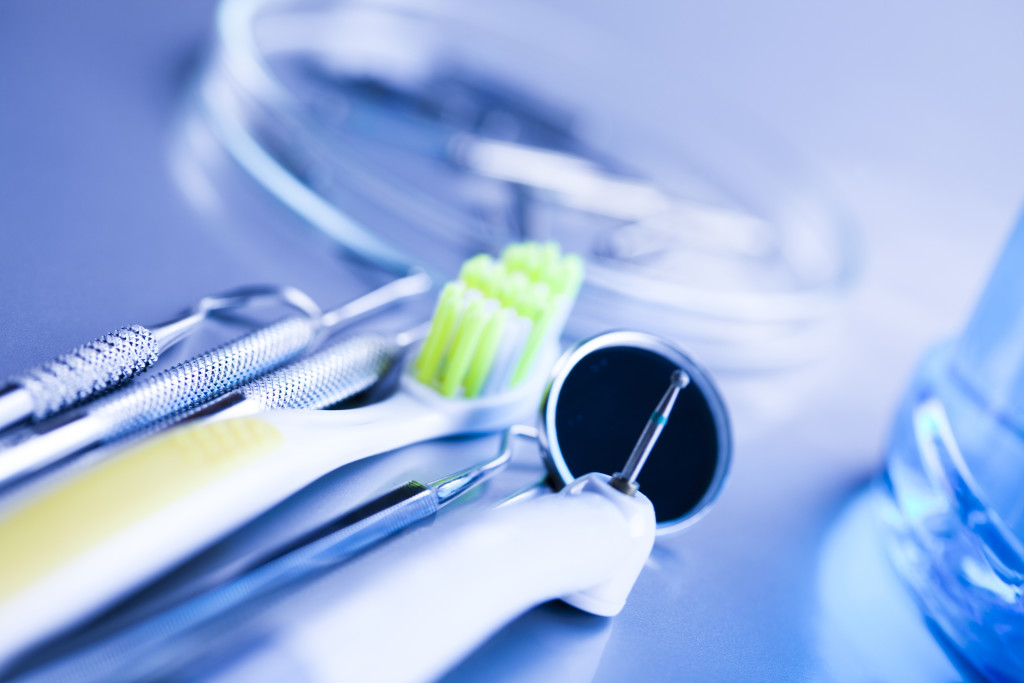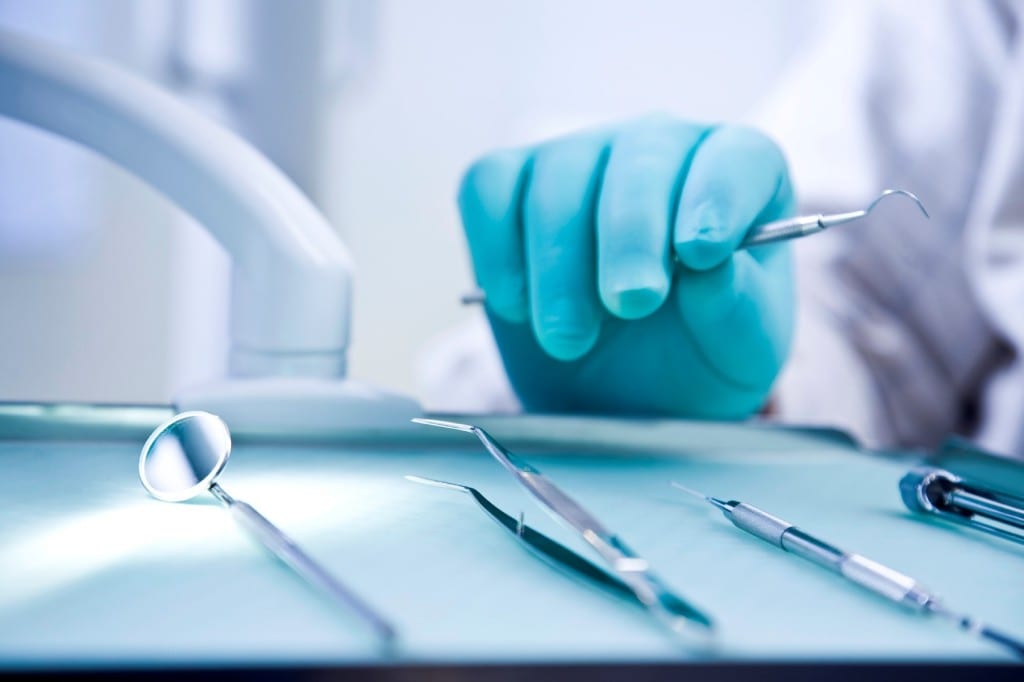
You can use mouthwash daily to prevent as well as treat certain dental diseases. There are several types of mouthwashes with different uses.
Mouthwash is a supplement to brushing your teeth. If you use this hygiene product together with the thread, you will help maintain the health of the oral cavity.
Alcohol vs. alcohol-free mouthwash
When choosing a mouthwash, it is important to consider the alcohol content first. If it contains alcohol, it should not be swallowed. Finally, the agent with alcohol can affect the oral mucosa. However, you can also find alcohol-free products on the market.
Some mouthwashes contain cetylpyridinium chloride, which is safe and effective. It is an ingredient that helps prevent the accumulation of germs.
Types of mouthwash
Mouthwashes are divided into two main groups: cosmetic and therapeutic:
- Therapeutic rinses are designed to treat problems such as gingivitis, tooth sensitivity, or mouth ulcers.
- Meanwhile, cosmetic mouthwashes often contain bleaching compounds.
It is usually necessary to use a mouthwash half an hour after brushing, as the components of toothpaste can interfere with its effectiveness.
Mouthwash for halitosis or bad breath
If you suffer from halitosis, the most important thing is to find out its cause. This problem is usually the result of bacteria breaking down food debris in the mouth.
Mouthwash to treat bad breath contain components such as hydrogen peroxide, zinc, chlorhexidine, or triclosan. For greater efficiency, try not to wash it off with water, do not eat or drink immediately after use.
Gums diseases
These problems occur when plaque bacteria build up on the gums and lead to inflammation and bleeding. They can cause tooth loss.
Dentists usually recommend mild, non-alcoholic rinses to treat gums. These mouthwashes contain povidone-iodine, phenols, or essential oils. Rinses with salts are also suitable for these cases.
For the treatment of periodontitis, dentists also prescribe chlorhexidine – a broad-spectrum antiseptic that is effective against bacterial plaque.
Mouthwash against tooth decay
Caries is one of the most common problems with the mouth. However, it can be avoided with proper hygiene and fluoride treatment. Fluoridation helps keep the tooth surface intact and prevents its porosity by blocking bacteria.
A fluoride rinse is useful against caries because they help strengthen tooth enamel.
Xerostomia or dry mouth
If you are prone to xerostomia or dry mouth because you have little saliva, you are at risk of bacterial infections because saliva does not perform its protective function.
For this reason, experts recommend using a suitable mouthwash, which not only refreshes the mouth but also acts as a preventive measure. This product is rich in minerals, vitamin E, and fluoride.
Orthodontics
If you wear braces, you need to use mouthwash, as brushing your teeth in these cases is not enough. Using mouthwashes, you reach areas that cannot be cleaned with a brush, providing complete care for the oral cavity.
With the help of a mouthwash, food remains are removed from places that cannot be reached with a brush. Therefore, in addition to freshening the breath, it helps maintain proper oral health.
In general, there are clear indications for each type of therapeutic mouthwash. The dentist can help you choose the right option.
Picture Credit: Unsplash






